
One of the standout features of AI conversion programs in the UK is their accessibility. These courses are built for students from non-technical backgrounds, offering a chance to transition into the field without a computer science degree. Here’s what most universities typically require:
Academic Qualifications
Applicants usually need a bachelor’s degree with at least a 2:2 classification, which translates to around 50–60% from a recognised Indian university. While a technical background is not necessary, some courses may prefer students who have studied subjects involving mathematics, statistics, or logical reasoning.
English Language Proficiency
Since the medium of instruction is English, international students must demonstrate proficiency through one of the following tests:
- IELTS: Overall score between 6.0 and 6.5, with minimum scores in each component as specified by the university
- TOEFL iBT: Scores typically ranging from 79 to 90
- PTE Academic: Most universities accept a minimum score of 58
Some institutions may waive this requirement if your undergraduate degree was taught in English and awarded within the past few years.
Supporting Documents
In addition to academic and language qualifications, applicants are usually required to submit:
- Transcripts of previous education
- A Statement of Purpose outlining your interest in AI and career goals
- One or two academic or professional references
- A current CV or resume
- English language test results (if applicable)
Certain universities may request additional steps such as a basic programming test or an interview, especially for students with no prior experience in computing. These programs are designed to open doors, not close them. If you can show a clear motivation to learn and grow in the AI field, you’ll likely be a strong candidate.
Cost of Studying AI Conversion Programs in the UK for Indian Students
Pursuing a master’s degree abroad is an investment—not just in education, but in your long-term career. While tuition fees for AI programs in the UK can vary depending on the university and location, here’s a general breakdown of what Indian students can expect.
Tuition Fees
For most MSc AI conversion courses, tuition fees for international students range between £17,000 and £26,000 per year. Some of the more research-intensive universities or programs based in major cities may fall on the higher end of that range.
Here’s a quick look at the estimated tuition fees for some universities mentioned earlier:
- University of Strathclyde: ~£23,000
- Heriot-Watt University: ~£21,000
- University of Essex: ~£20,000
- University of Liverpool: ~£25,000
- Nottingham Trent University (NTU): ~£17,500
These figures are approximate and can change slightly from year to year. It’s always a good idea to check the university’s official website for the most up-to-date information.
Living Expenses
In addition to tuition, students should factor in the cost of living. This includes accommodation, food, transport, study materials, and personal expenses. On average, students in the UK may need around £10,000 to £15,000 per year for living costs, depending on the city. For example:
- London and major cities like Edinburgh or Manchester may be on the higher end of the spectrum.
- Smaller towns or university-managed accommodations can help keep costs more manageable.
Additional Costs
Some other expenses to consider:
- Visa application: ~£490
- Immigration Health Surcharge (IHS): ~£776 for one year
- Flight tickets, initial setup costs, and deposits for housing
While the total cost may feel overwhelming at first glance, many students manage their finances through scholarships, part-time work, and education loans.

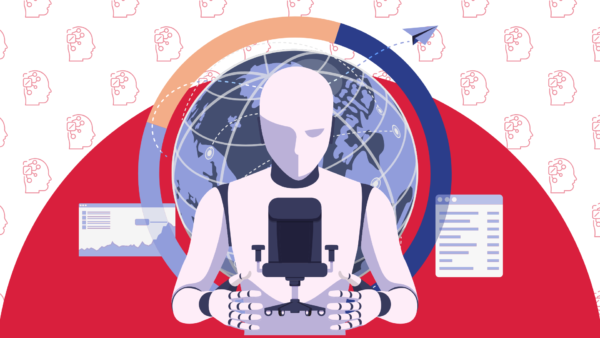

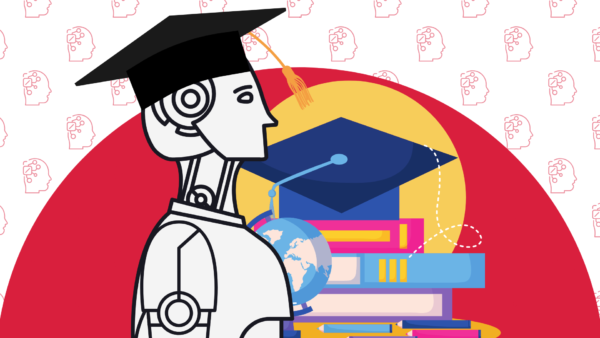
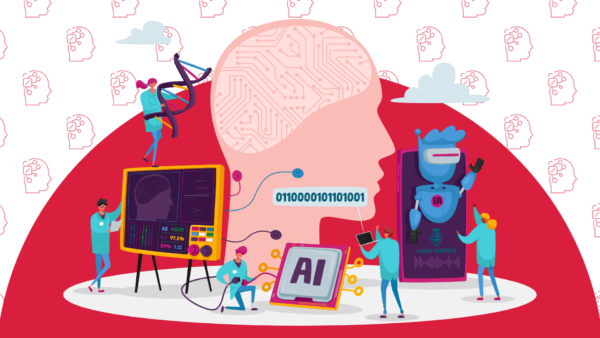
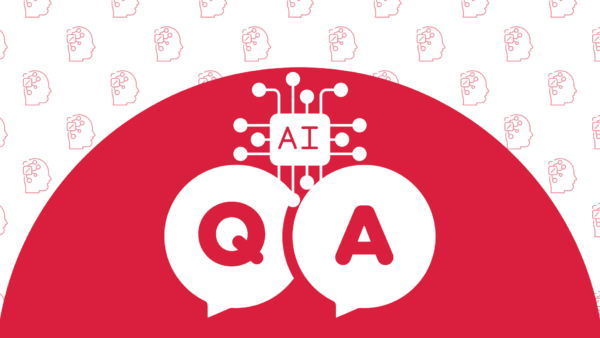
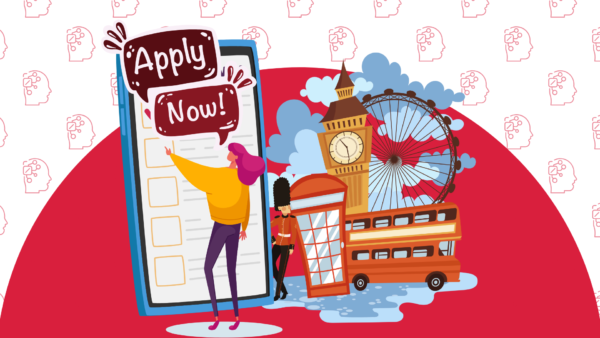






![Best Universities in New Zealand for International Students [2025 Rankings]](https://tcglobal.com/wp-content/uploads/2025/09/Best-Universities-in-New-Zealand-for-International-Students-2025-Rankings-600x338.png)